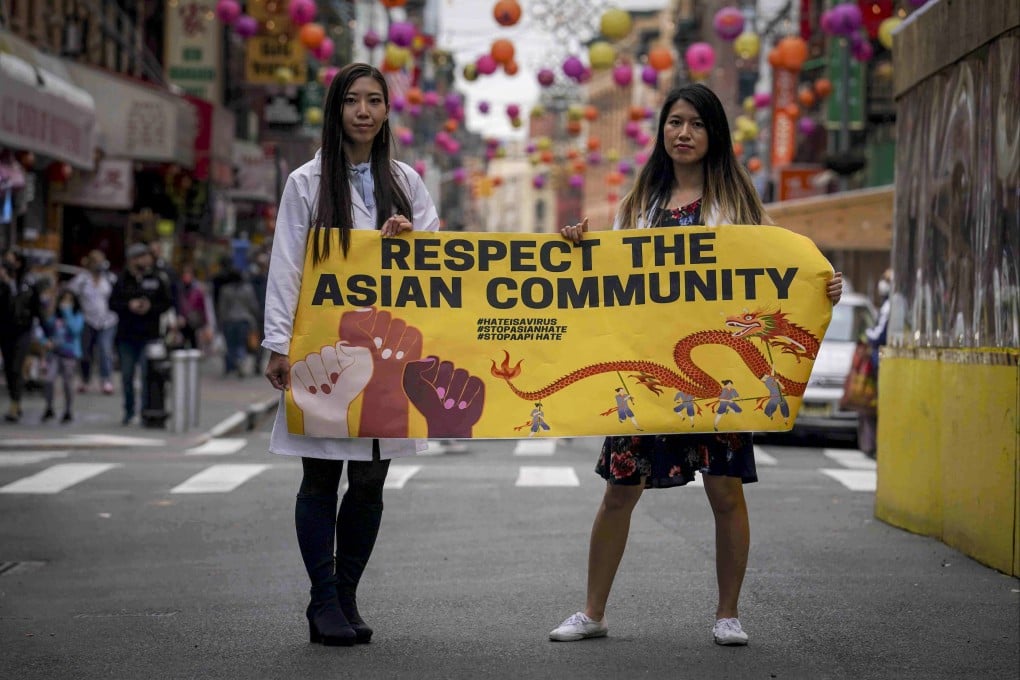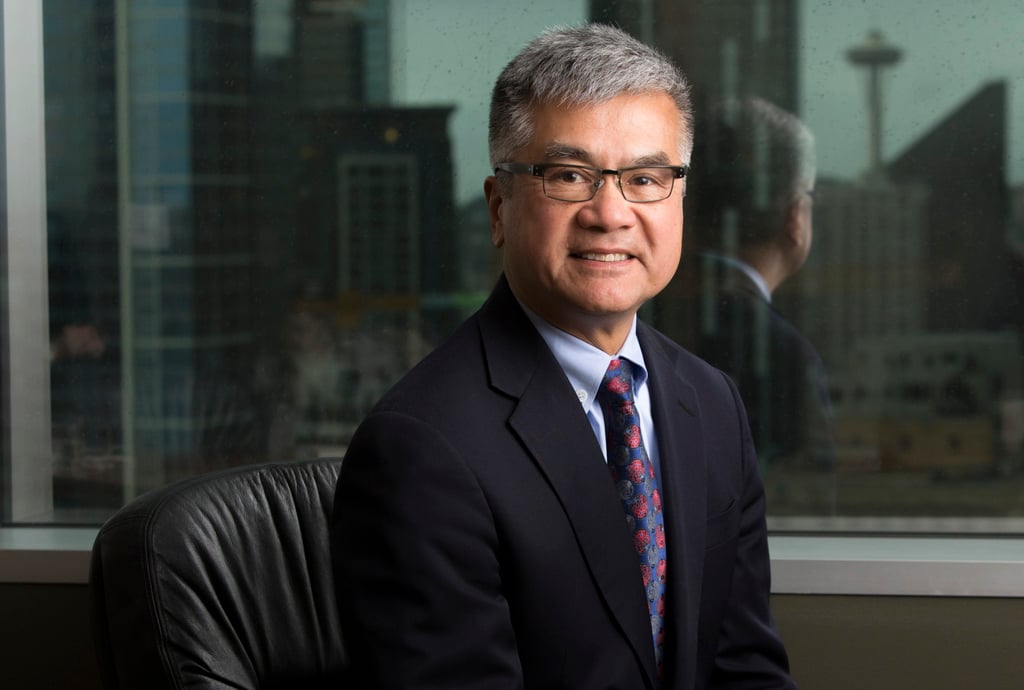Most Chinese-Americans say racial discrimination and hate crime fears plague their life, survey finds
- Community members are increasingly active politically, multilingual at home and more diverse economically than widely portrayed, study also reveals
- First-of-its-kind survey by civic group Committee of 100 and Columbia University drew on 6,500 respondents from 46 states

Lotus Zhang, an English-Chinese hospital interpreter who lives in New Jersey and works in Manhattan, said never in her life has she been attacked physically.
Nearly three quarters of Chinese-Americans report experiencing racial discrimination in the past year while 55 per cent worry about hate crimes or harassment, according to a study released on Thursday by the civic group Committee of 100 and Columbia University.
The study, titled “The Fight for Representation: The State of Chinese Americans Survey”, also found that Chinese-Americans were increasingly active politically, often speak multiple languages at home and were far from homogenous even as society frequently typecasts them as monolithic.

“The Chinese-American population is one of the fastest-growing ethnic groups in the United States, yet it remains under-represented in politics and policy, and underserved in healthcare, education and social services,” said Gary Locke, president of Washington state’s Bellevue College and the Committee of 100 chairman, in a statement.